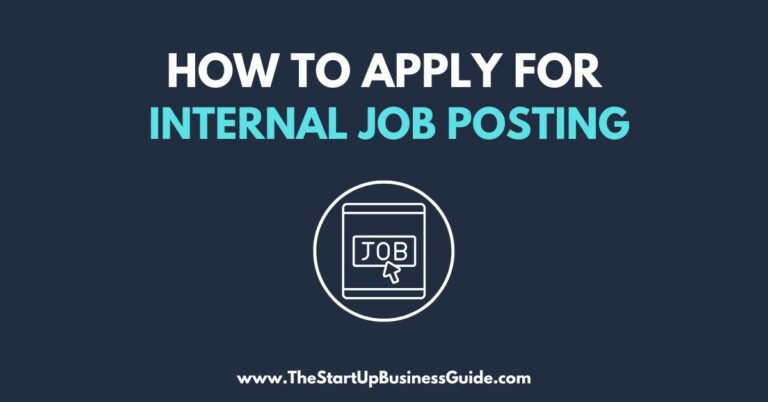How to Tell Your Boss You Are Quitting

Quitting a job can be a difficult and stressful decision, but it is important to remember that it can also be a positive step forward in your career.
Whether it be for personal or professional reasons, leaving a job can open doors to new opportunities and growth.
In this article, we will discuss the importance of quitting a job, reasons for quitting, and how to properly prepare and handle the process.
Preparing to Quit
The first step in quitting a job is to assess your reasons for wanting to leave.
Are you unhappy with your current position or company culture?
Are you seeking a higher salary or better benefits?
Or, perhaps you have found a new opportunity that aligns better with your career goals.
Whatever the reason may be, it is important to be clear and honest with yourself about why you want to leave.
Once you have assessed your reasons for quitting, it is important to begin the job search process and secure a new position before giving your notice.
This will ensure that you have a plan in place and are not leaving yourself without a source of income.
Along with finding a new job, it is also important to plan for the financial implications of quitting, such as the loss of health insurance or retirement benefits.
In addition to job search and financial planning, it is also important to consider the timing of quitting.
Will quitting now negatively impact a current project or team?
Is there a more suitable time in the near future?
By carefully considering the timing of your resignation, you can ensure a smoother transition for both yourself and your employer.
Telling Your Boss
Once you have prepared for quitting, it is time to inform your boss.
Choosing the right time and place for the conversation is crucial.
It is best to schedule a one-on-one meeting, rather than bringing up the topic in a group setting.
Additionally, it is important to be honest but respectful in your communication.
Explain your reasons for wanting to leave, but also express gratitude for the opportunities and experiences provided by the company.
It is also important to prepare for potential reactions from your boss.
They may be disappointed or even upset, but it is important to remember that this is a natural reaction and to remain professional and respectful.
Additionally, offering to help with the transition, such as training a replacement or completing any unfinished projects, can help ease the process for both parties.
Handling the Aftermath
Once you have resigned, it is important to follow through on any commitments made during the resignation process.
This includes completing any unfinished projects or training a replacement.
Additionally, it is important to maintain a positive relationship with your former employer.
This can be beneficial for future job opportunities or professional networking.
It is also important to reflect on the experience of quitting and what you can learn from it. What did you like and dislike about your previous job?
What could you have done differently in the resignation process?
By taking the time to reflect, you can gain valuable insight that can be applied to future career decisions.
Conclusion
Quitting a job can be a difficult and stressful decision, but it can also be a positive step forward in your career.
By properly assessing your reasons for quitting, finding a new job, planning for the financial implications, considering the timing of quitting, and handling the aftermath, you can ensure a smooth and successful transition.
Remember to take control of your career and make decisions that will benefit your personal and professional growth.
If you’re considering quitting your job, there are many resources available to help you through the process, such as career counselors, job search websites, and networking groups.






